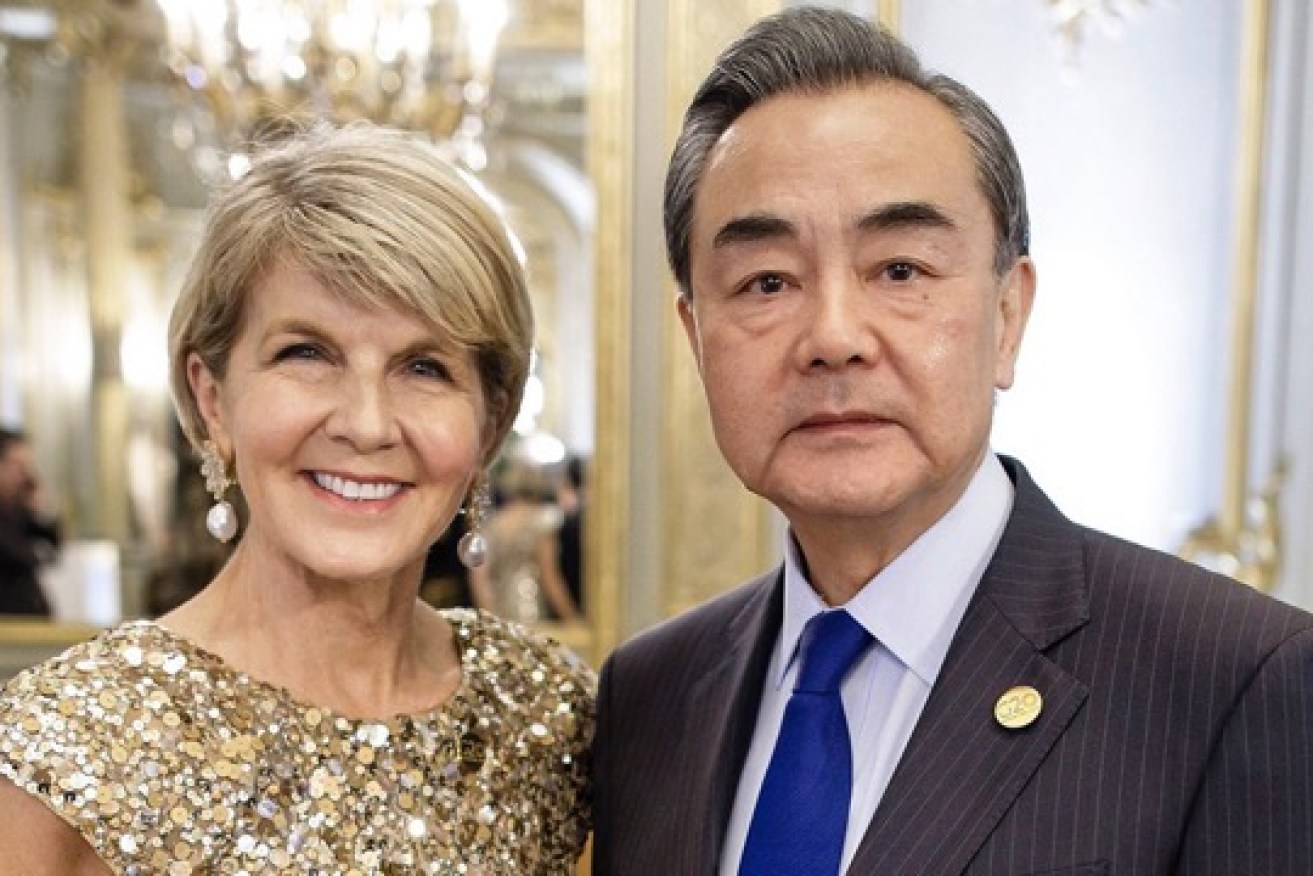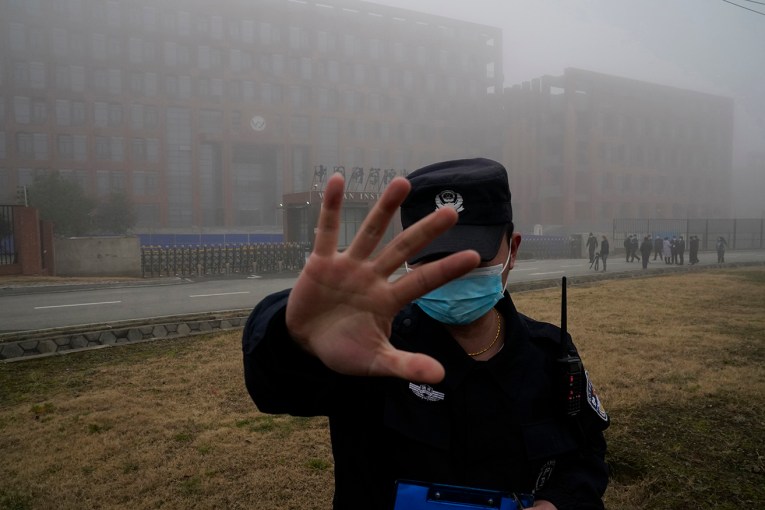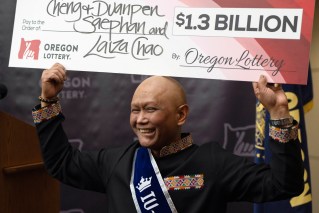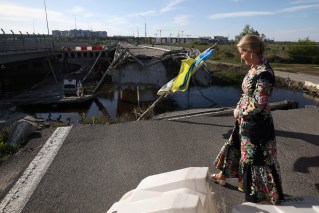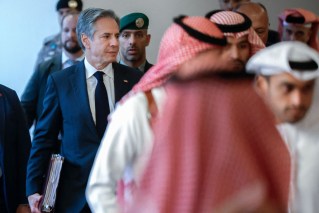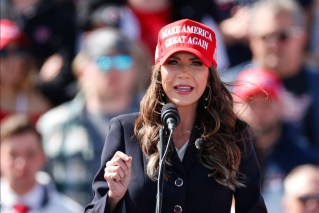“You achieve absolutely nothing by saying that, and no previous Australian government since Gough Whitlam recognised China back in 1972 has used that sort of language,” Dr Laurenceson said.
In December 2017, Prime Minister Malcolm Turnbull announced plans to completely overhaul foreign interference and anti-espionage laws, citing concerns over Chinese interference in Australian politics.
But the latest was when Liberal MP Andrew Hastie used the cover of parliamentary privilege on Wednesday night to accuse prominent Australian-Chinese businessman Chau Chak Wing of bribing a now-dead UN president.
“The Australian government needs to stop singling China out. There’s no gains, there’s no benefits from doing so,” Dr Laurenceson said.
Australia’s relationship with China is “challenged at the moment,” he said.
“I don’t think we can be confident that the bilateral relationship is on track or heading in a smooth direction.
“There’s little sign of yet that things are settling down.”

